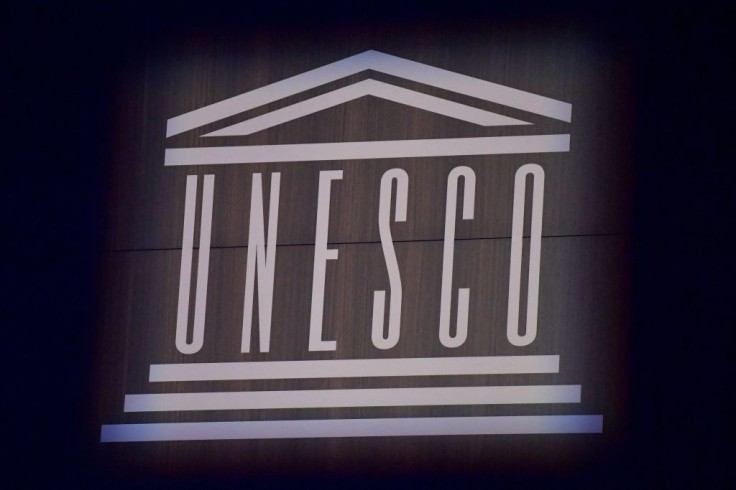AI is now posing dangers of powering Holocaust denialism and antisemitism as the technology continues to be misused for spreading disinformation online, according to a new UNESCO report.
In the report published on Tuesday, the United Nations group warned how generative AI and deepfakes "could distort historical records" against minority groups.

According to UNESCO, AI models trained from internet and social media content could only amplify and reinforce prejudices, especially as it enables bad actors to spread disinformation faster.
This is not to mention the rise of chatbots impersonating prominent Nazi figures like Adolf Hitler and Joseph Goebbels, putting the horrific events of the Holocaust at risk of being "diluted, distorted, or falsified."
There are also the case of deepfakes that could deceive people about distorted historical facts about the Holocaust.
AI chatbots, including OpenAI's GPT-4, have already been reported to spread racial stereotypes and prejudice prevalent in online spaces.
These are in addition to instances of AI "hallucinating" fake information about politics, races, religion, and social issues.
Generative AI Being Pushed in Education Sector
Despite its apparent dangers, generative AI continues to gain popularity within the education sector as more colleges and universities partner with AI firms to bring their technology to learners and teachers.
Just recently OpenAI announced its newest GPT-4 package dedicated to colleges and universities, touted "for schools that want to deploy AI more broadly to students and their campus communities."
The company claimed that the new AI model, ChatGPT Edu, could help tutor students and even write application grants.
It is worth noting that the application of generative AI in academic works remains a taboo topic in most schools and universities.
Related Article : OpenAI Unveils a New ChatGPT Model Dedicated for Universities, Colleges
UNESCO Calls for Tech Industry to Adopt AI Ethics
Amid growing concerns about AI's impact on the information landscape, UNESCO is calling for the industry to adopt its Recommendation on the Ethics of AI.
In accordance with its recommendations, the organization urged AI firms to implement safety standards while many nations still grapple with implementing AI regulation laws.
As of writing, only eight tech giants have signed the commitment with UNESCO for responsible and safe AI development, as well as following principles of fairness, transparency, human rights, and due diligence.
Among these signatories include Microsoft, OpenAI's biggest investor, and Lenovo Group.









